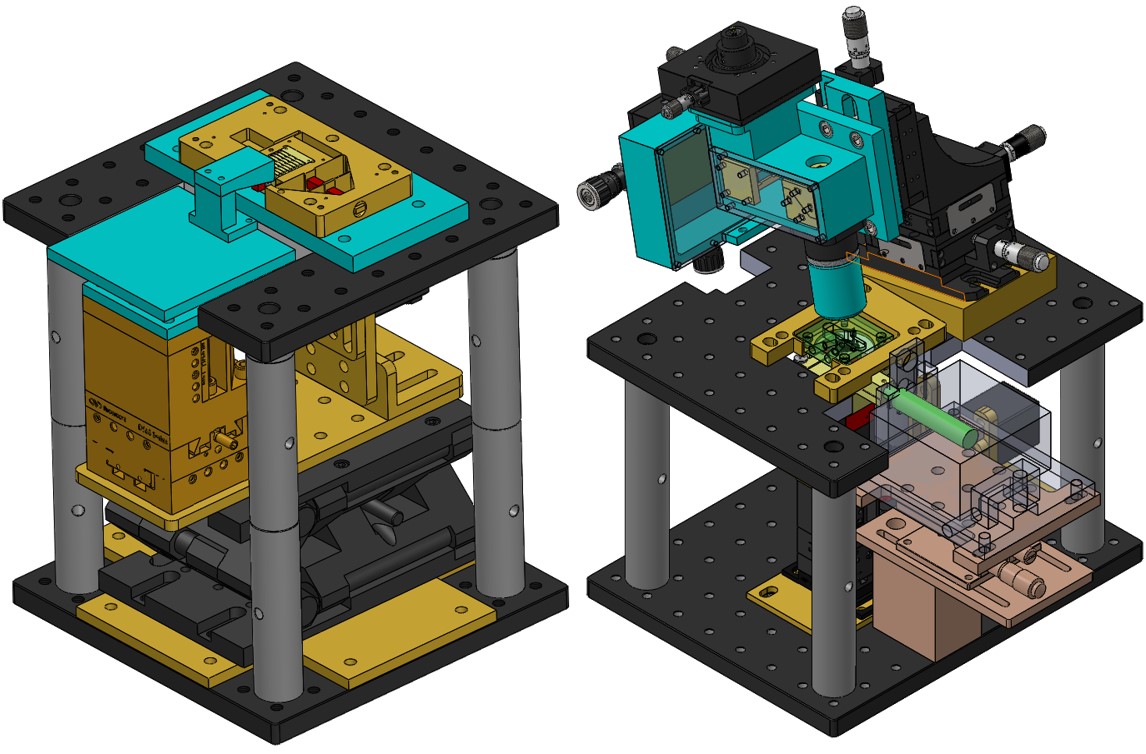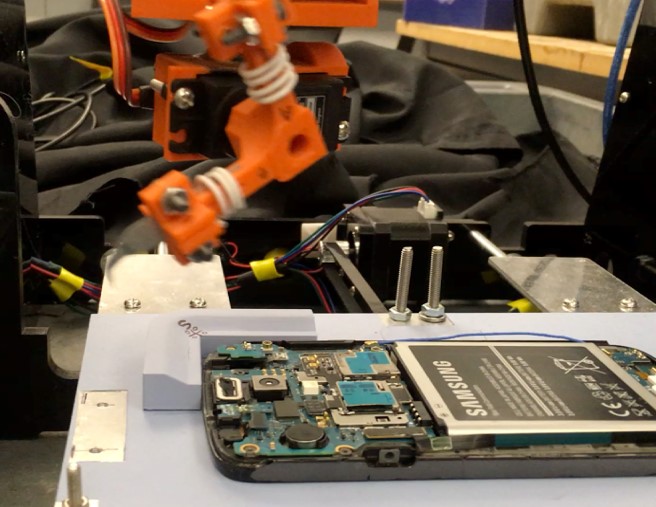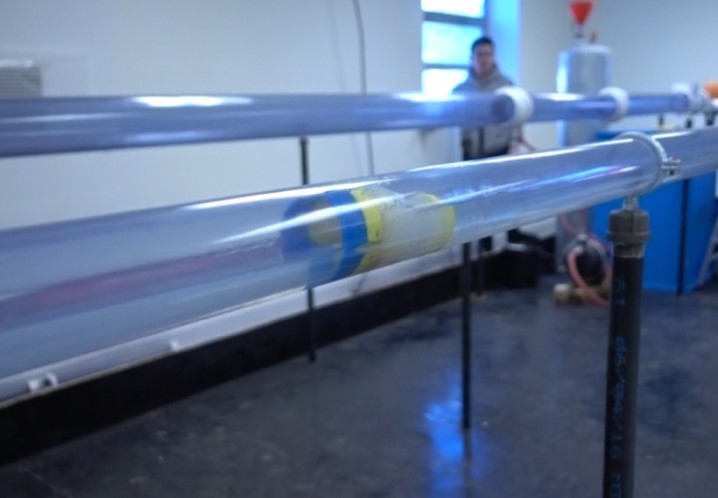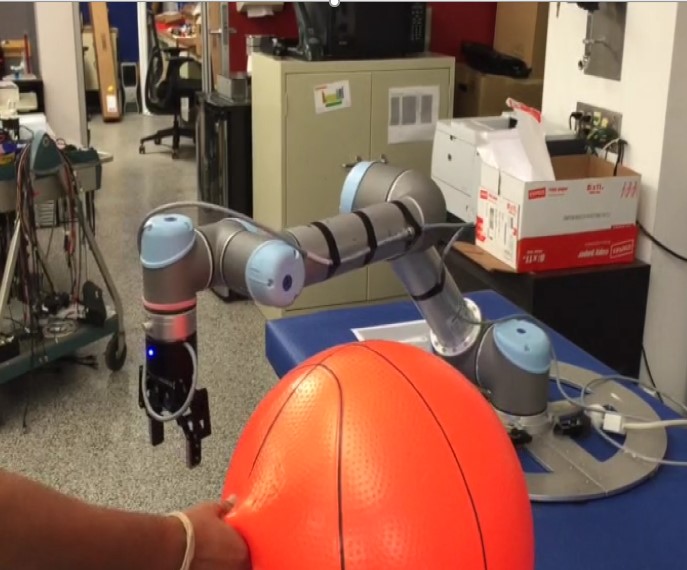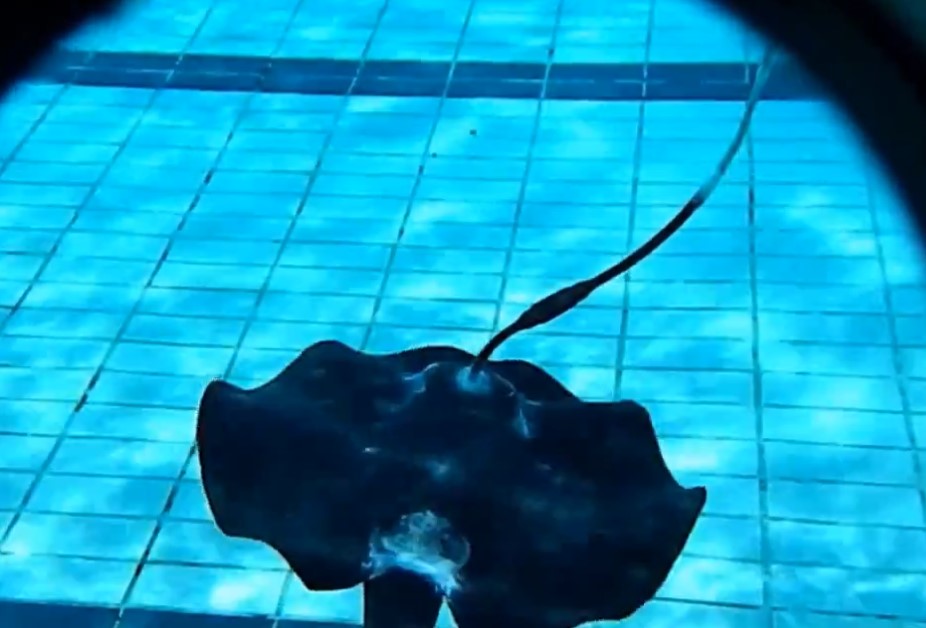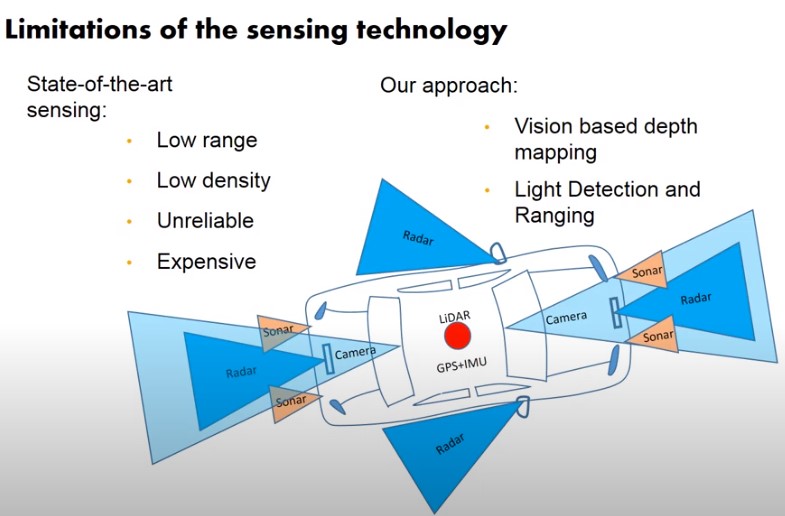MRL Research Directions
The MIT Mechatronics Research Laboratory team takes an interdisciplinary approach to research and development. The activities include fundamental research in physical system modeling, mechatronic design, control theory, and machine intelligence; with methods in algorithms, simulation, visualization, instrumentation, fabrication, and experimentation; and application projects in the fields of robotics and automation, nanotechnology, and intelligent systems. These are summarized and visualized in the animation on the right.
The publication page tags follow this classification scheme. We seek students and researchers with strong background in mechatronic system design, optics, robotics, control systems and hands-on experience.
Current and Recent Projects at MRL
- 1. Nanoscale video-rate imaging: design and control of versatile high-speed and large-range atomic force microscopes
- 2. Nanoscale inspection: intelligent optical characterization for nano-manufacturing
- 3. Robotics and automation: computer vision and cell phone recycling
- 4. Robotics and automation: pipe inspection and rehabilitation robot design
- 5. Instrumentation and learning: health monitoring and predictive maintenance
- 6. Instrumentation and learning: machine learning based control of electrical motor
Associated Centers and Programs
While Professor Youcef-Toumi, the Director of MRL, dedicates himself to MRL and it’s members, he also supports several other programs under the MIT umbrella. These are as follows:

Director of the Ibn Khaldun Fellowship for Saudi Arabian Women (IBK)
The Ibn Khaldun Fellowship is a competitive program designed for Saudi Arabian women scientists and engineers who hold a doctoral degree. It offers fellows the opportunity to spend one year conducting research at the Massachusetts Institute of Technology (MIT) in collaboration with an MIT faculty member. IBK Fellows have been placed in over 50 different labs across MIT.
Launched in 2009 by MIT, in partnership with King Fahd University of Petroleum and Minerals (KFUPM) and other Saudi Arabian universities, the fellowship accepted its first fellow in 2012. Following a substantial expansion in 2013 supported by Saudi Aramco, the program flourished. In March 2018, King Abdulaziz City for Science and Technology (KACST) and MIT signed a 10-year agreement to renew the fellowship under KACST sponsorship. The first cohort of KACST Ibn Khaldun fellows arrived at MIT in January 2019, with subsequent annual cohorts arriving in September.
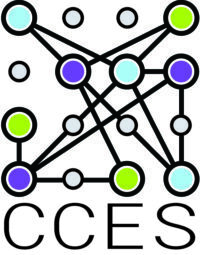
Co-Director of the Center for Complex Engineering Systems (CCES)
The Center for Complex Engineering Systems (CCES) is a distinguished international research program dedicated to uncovering fundamental principles and developing new methods and tools for modeling, designing, and managing complex, highly integrated systems. CCES is a collaboration between King AbdulAziz City for Science and Technology (KACST) in Riyadh, Saudi Arabia and the Massachusetts Institute of Technology (MIT) in Cambridge, USA.
It aims to cultivate a new generation of globally experienced scholars and to inspire a fresh wave of researchers and engineers to pursue complex systems as a research focus. A hallmark of CCES’s research approach is its commitment to cross-disciplinary and cross-cultural collaboration. The center embraces intellectual risk, tackling issues that may seem non-quantifiable, vague, overly complex, or even unsolvable.

Director of the Global MIT At-Risk Fellows (GMAF) Palestine
The Global MIT At-Risk Fellows Program (GMAF) gives international scholars the opportunity to temporarily engage with the MIT community on campus, with the aim to foster innovation around the world through the fellows’ academic contributions and leadership.
- All
- Nanotechnology/metrology
- Intelligent Systems
- Robotics & Automation
- Archived Projects
Atomic Force Microscope Development
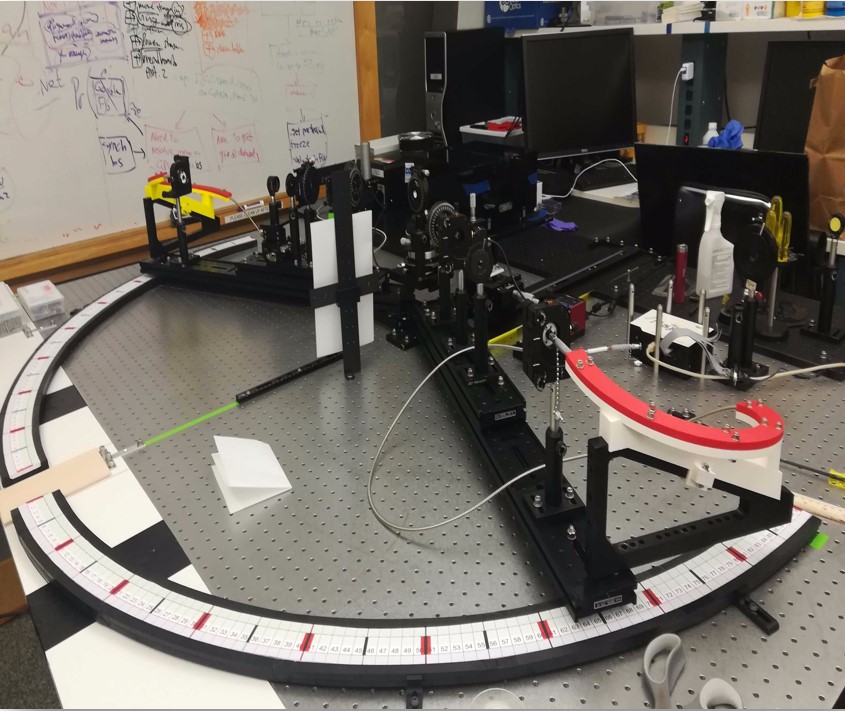
Optical Semiconductor Inspection
Nanoscale inspection: intelligent optical characterization for nano-manufacturing

Plastic Production and Network Monitorning
Instrumentation and learning: internet of plastic monitoring and prediction

Machine Learning for Motors
Instrumentation and learning: machine learning based control of electrical motor

